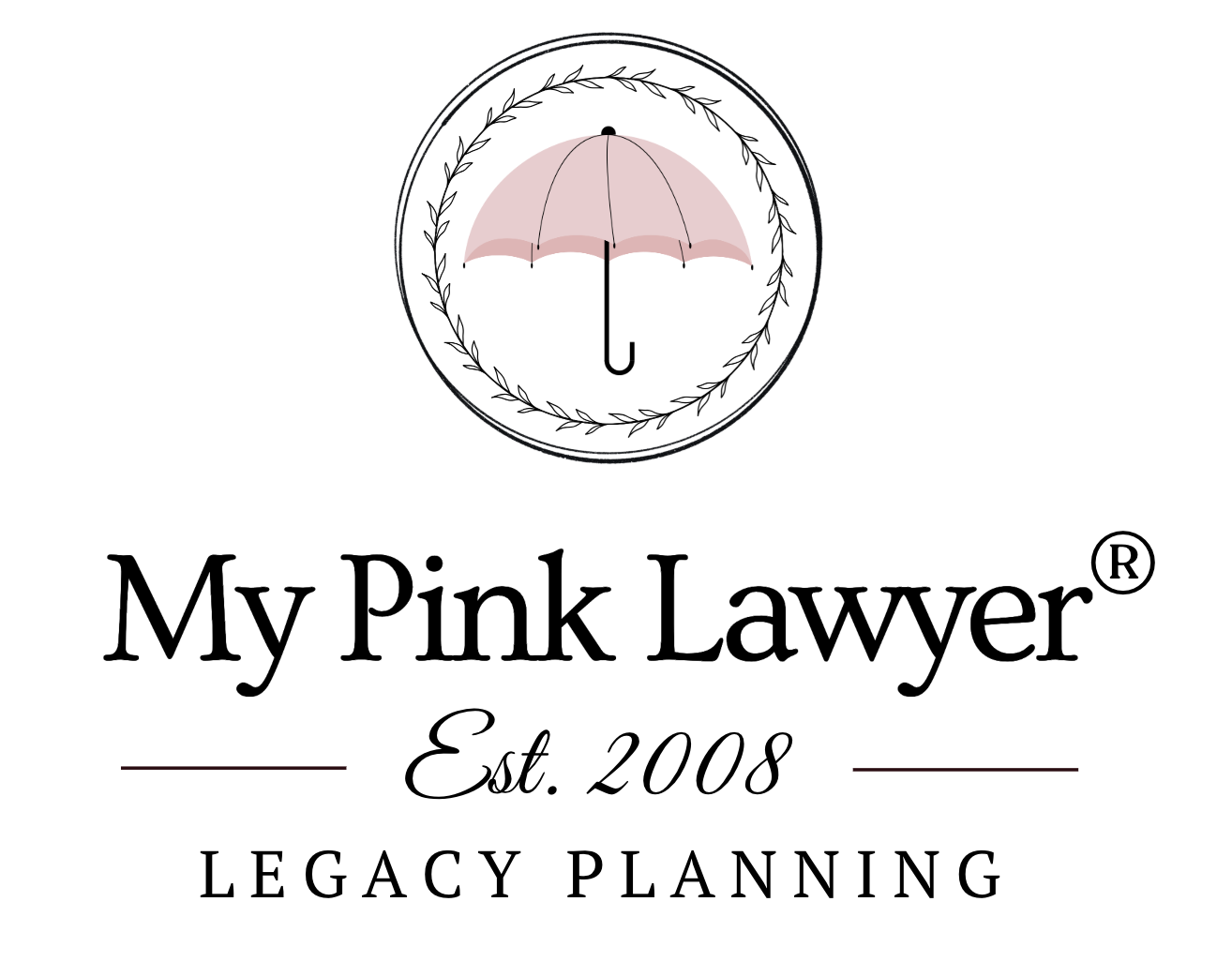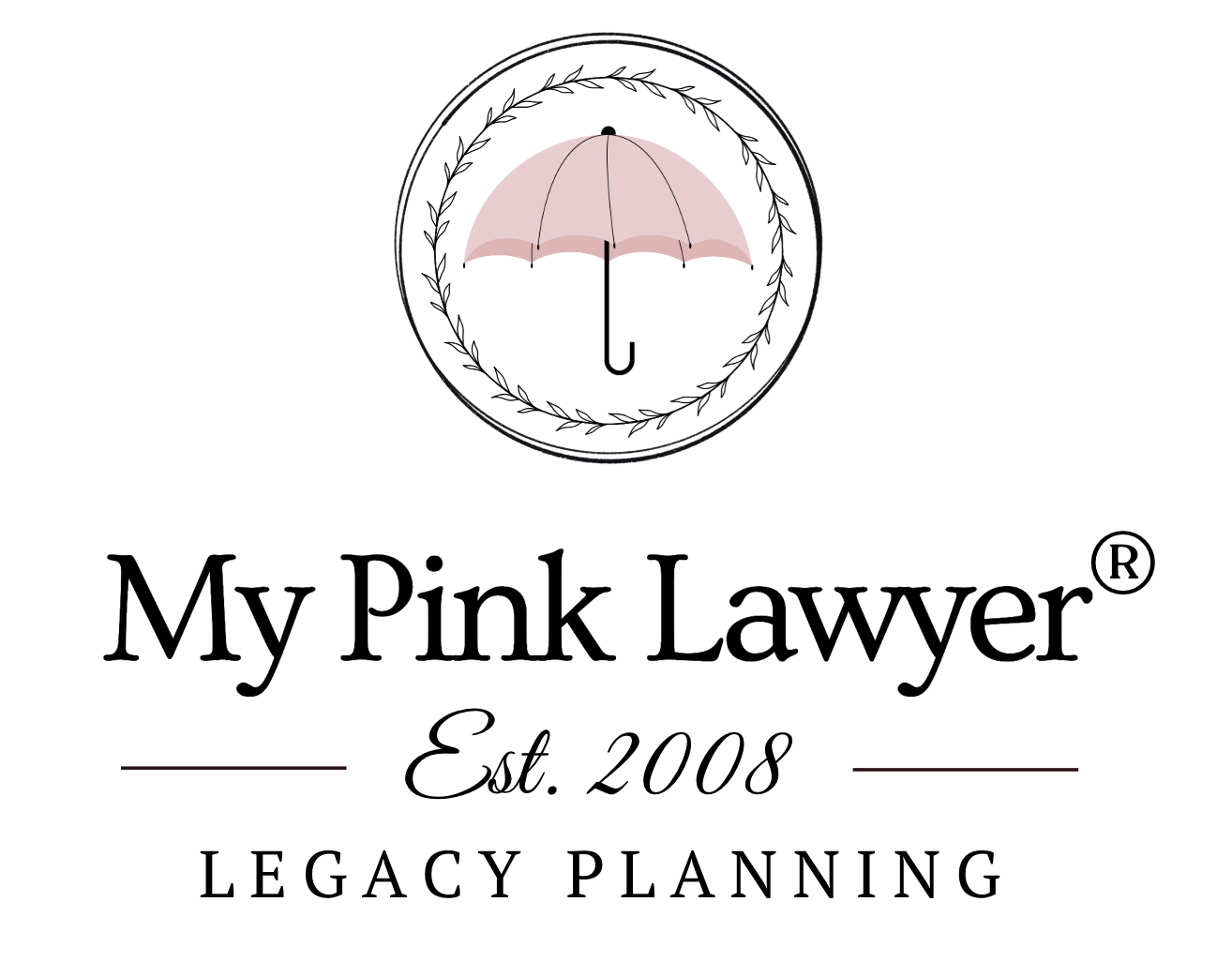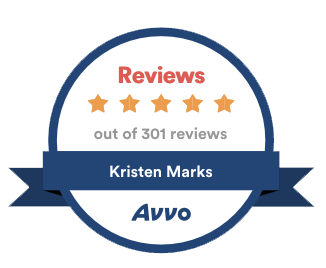:fill(transparent,1)/about/173905101-56aa10be5f9b58b7d000ab09.jpg)
Living trusts are a type of estate plan that allow for continued management of your assets during your lifetime. The primary benefit that women find in using living trusts is avoidance of probate — establishment of the validity of a will — for their assets after they die.
The size of your estate, your detailed planning goals following your death, your family situation, and the location and type of your assets can make the use of a living trust preferential to a will. If you decide to use a living trust as part of your estate plan, make sure that you understand the specific advantages of using this plan over other planning mechanisms.
When starting a living trust, it is important to retitle your assets into it. If you don’t, your unfunded living trust will not necessarily avoid probate. Think of your living trust as an empty bucket; your living trust only controls the assets you pour into it. If your assets are still owned in your individual name or jointly with another person, the living trust will have no impact on those assets.
If you decide to use a living trust, make sure your lawyer assists you in retitling your assets into your trust.
Remember, a living trust will not avoid probate of any assets it does not own.
Be cautious of estate planning attorneys who routinely recommend living trusts for everyone. Although they’re often a great choice for many wise women, living trusts can be overkill for others. There may be other planning mechanisms that can be used to accomplish the same family goals without the expense and upkeep of a living trust.
Also, be cautious of anyone who leads you to believe that certain tax planning and post-death trusts for your children or other loved ones can only be used in living trusts. This is simply untrue. Such detailed planning can also be incorporated into a will, though circumstances may exist — such as privacy concerns — that make the living trust a better estate planning vehicle to implement than a will.
Talk to an attorney about which planning mechanism is suited for you by scheduling a Family Succession Planning Session today.







